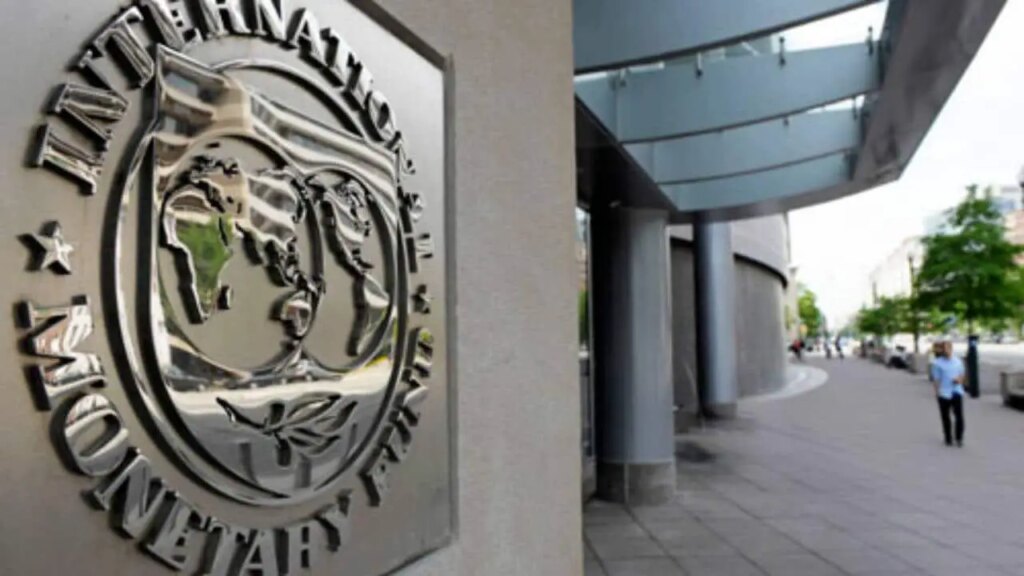The french economy it managed to hold out in 2022, in a context marked by the energy crisis and inflation, but it slowed down noticeably at the end of the year, heralding a more difficult 2023.
Despite the effects of the war in Ukraine, especially on energy prices, the economy grew by 2.6% of the GDP last year after the strong post-covid recovery in 2021 (+6.8%), according to the Insee statistics institute.
This “sustained” growth in 2022 “attests to the strong rebound of our economy after the impact of the covid and its resistance to the energy crisis,” said Economy Minister Bruno Le Maire.
The second economy of the European Union (EU) entered a risk zone with a slowdown in the fourth quarter (+0.1%) compared to the three previous months, weighed down by inflation that hit households.
Although the figures are better than expected, especially due to the increased activity linked to the “exit from the health crisis” at the end of 2021, the economy it became “less dynamic” quarter by quarter, according to Insee.
“It’s a front resistance,” Maxime Darmet, an economist at Allianz Trade, told AFP. “Consumption is going badly and imports are falling so much that it’s not a good sign: domestic demand is still very weak,” he said.
The rise in prices weighed on household consumption, the traditional engine of growth, which stood at -0.9% in the last three months of 2022. The warm autumn recorded and energy savings caused energy consumption to fall.
Inflation accelerated slightly in January, to 6% year-on-year (5.9% in December), due to the rise in energy (13.2%) and food (16.3%) prices, according to the official statistics institute.
Economists believe that the situation would have been worse without the measures taken by the liberal president Emmanuel Macron, estimated at billions of euros, to support households in the face of the energy crisis.
Foreign trade contributed to growth. Imports fell much more than exports, although a record trade deficit is expected for the whole of 2022.
Pessimism
The beginning of 2023 is announced difficult. Inflation should continue its progression to a peak of around 7% at the beginning of the year, according to Insee, fueled by the end of fuel aid and further increases in energy.
“This should push households to remain rather pessimistic,” according to Stéphane Colliac, an economist at BNP Paribas.
Activity should also fully feel the impact of the monetary policy of the European Central Bank (ECB)which could decide on Thursday to raise its interest rates again.
The institution has been applying a high interest rate policy since mid-2022 to cool economic activity and stop the escalation of prices caused by the war in Ukraine.
The International Monetary Fund (IMF) forecasts growth of 0.7% of GDP in France in 2023, three tenths less than the government forecast.

















